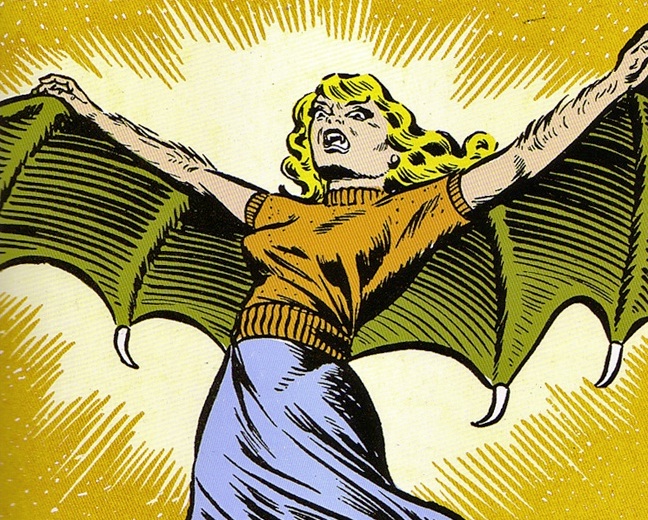People who screw up but handle it well
are more attractive than those who don’t.
 That’s no newsflash, but why do you suppose it’s true? What is it about second chances, and second chance stories, in which we find inspiration? Aren’t flaws and faults at the center of nearly any second chance?
That’s no newsflash, but why do you suppose it’s true? What is it about second chances, and second chance stories, in which we find inspiration? Aren’t flaws and faults at the center of nearly any second chance?
Here’re a few things I’ve learned about errors and do-overs:
Excuse-makers are repellant. You can’t spend time behind bars without becoming intimately familiar with psychic clutter. Clutter comes in many forms, but people who consistently fall back on rationalizations, excuses, and denial are usually quite guarded, with mental walls of all shapes, sizes, and complexities. If you’ve ever lied to cover up a lie, psychic clutter isn’t new to you, either. It’s just that too few of us recognize how unappealing we become, stressing and tripping when our heads are filled with it.
 Deniers are draining. We all have friends, family members, or co-workers with good traits, generous moments, and genuine talents, which makes it frustrating and disappointing to accept them fully (or even work around them) when they’re in bullshit mode. I don’t mean your actors and other neurotics, or even dinner guests who show up and start ticking off their food allergies – those are a different kind of drain altogether. I’m talking about blamers, focus-shifters, liars, counter-accusers, and verbal bullies. We might be cheerleaders for the parts of these people we appreciate, but after coming to terms with their weak-ass coping skills, we can’t help but feel betrayed. And while positive character traits may make a person worthy of a second chance, should they get a third or fourth? The more efficient and healthier option would be to move on to a less draining individual, but individual results may vary. Read more
Deniers are draining. We all have friends, family members, or co-workers with good traits, generous moments, and genuine talents, which makes it frustrating and disappointing to accept them fully (or even work around them) when they’re in bullshit mode. I don’t mean your actors and other neurotics, or even dinner guests who show up and start ticking off their food allergies – those are a different kind of drain altogether. I’m talking about blamers, focus-shifters, liars, counter-accusers, and verbal bullies. We might be cheerleaders for the parts of these people we appreciate, but after coming to terms with their weak-ass coping skills, we can’t help but feel betrayed. And while positive character traits may make a person worthy of a second chance, should they get a third or fourth? The more efficient and healthier option would be to move on to a less draining individual, but individual results may vary. Read more
